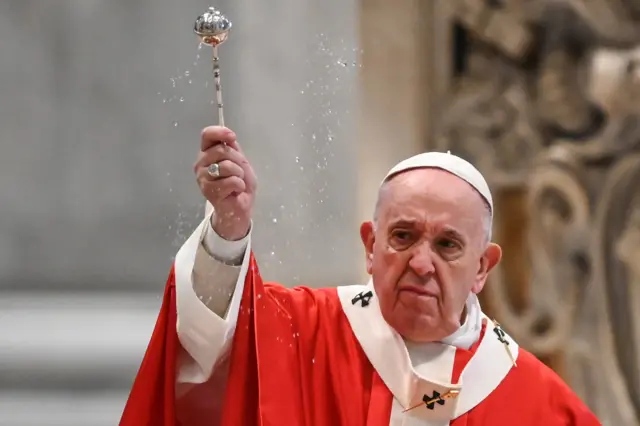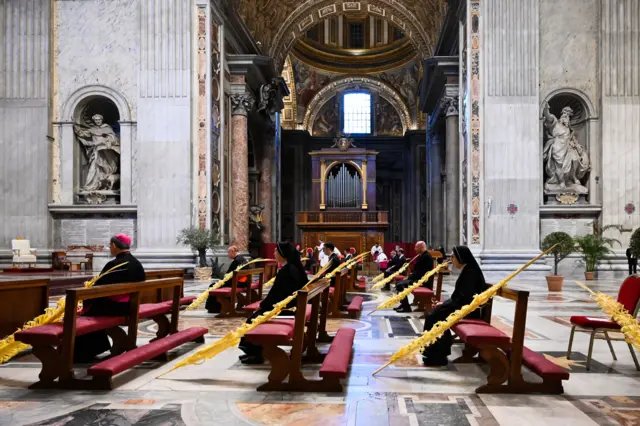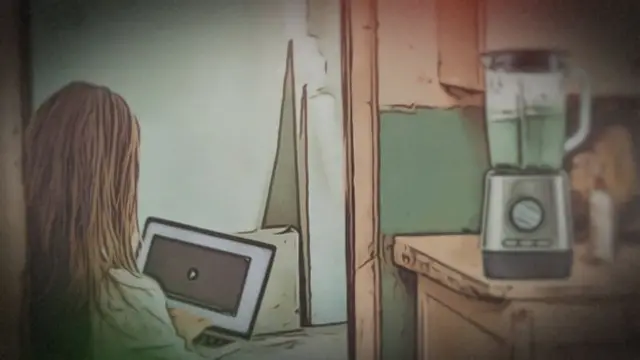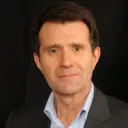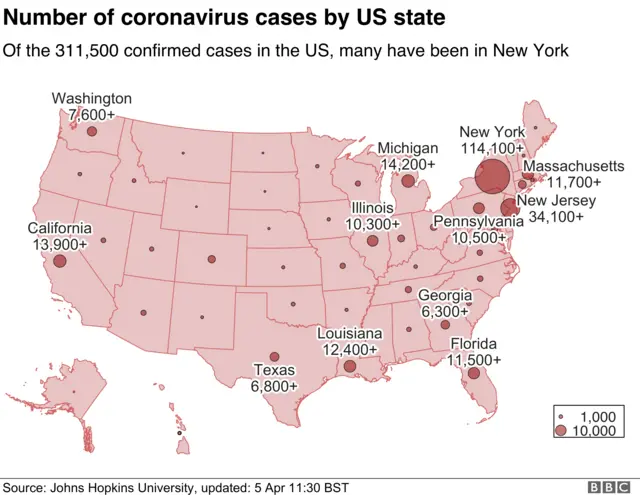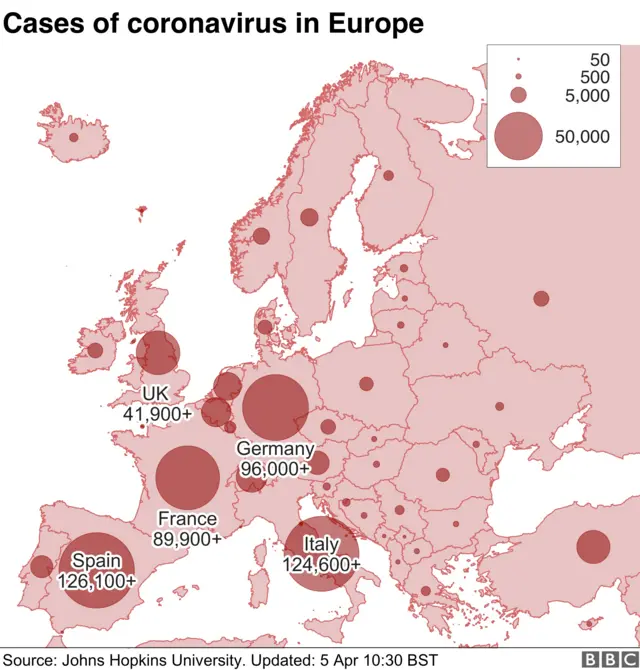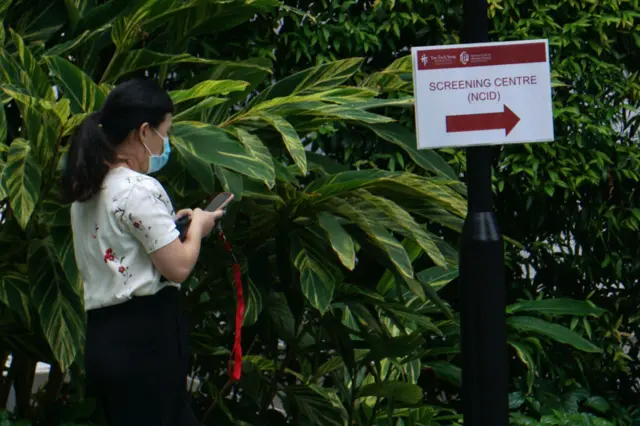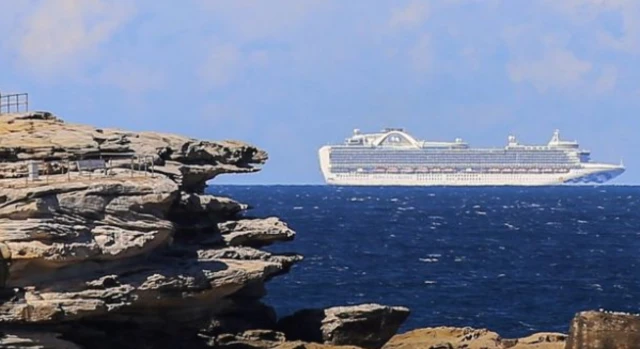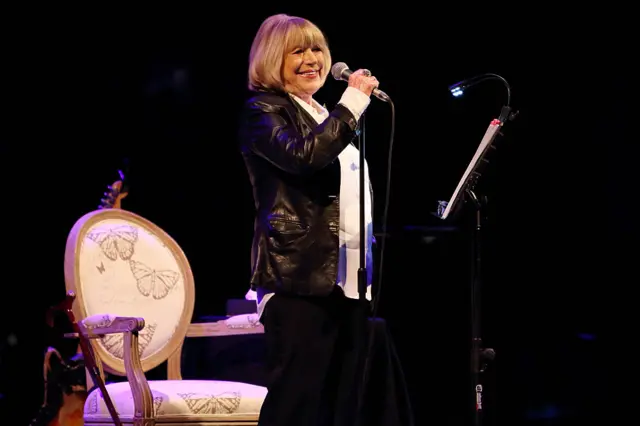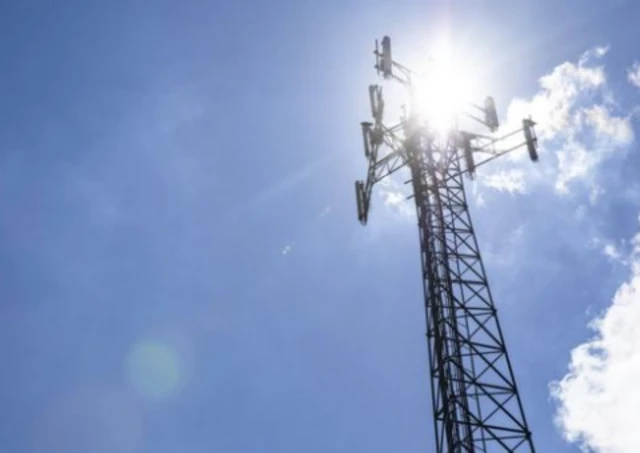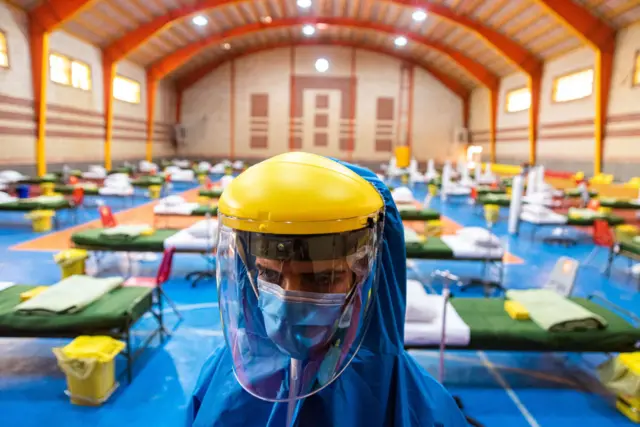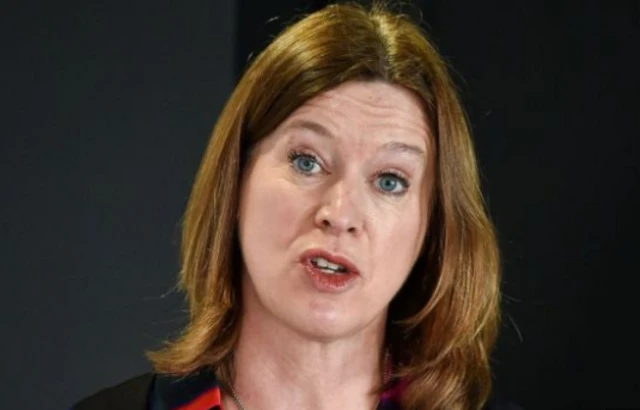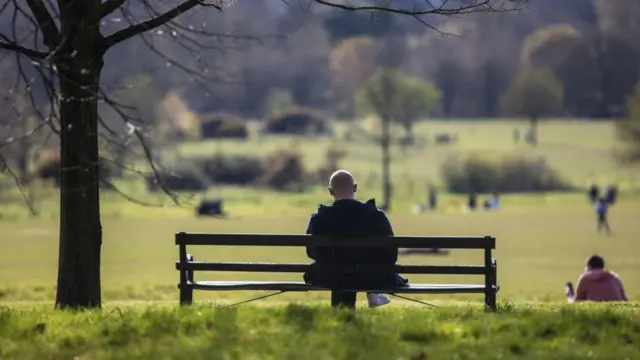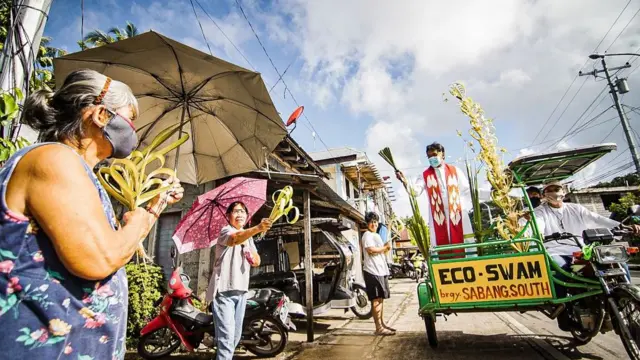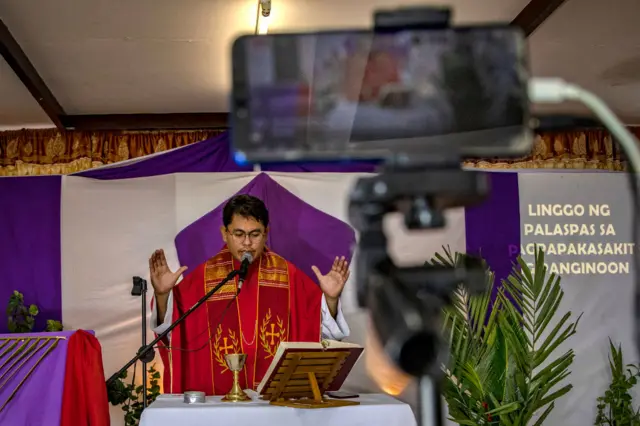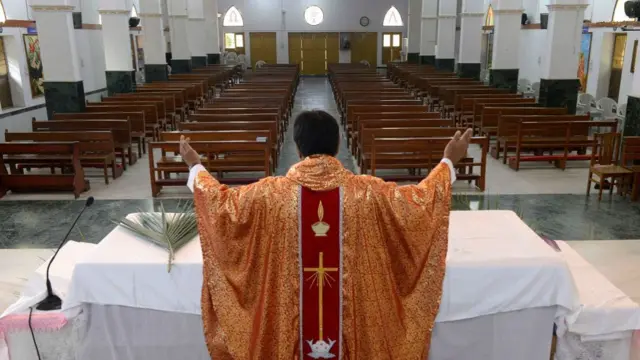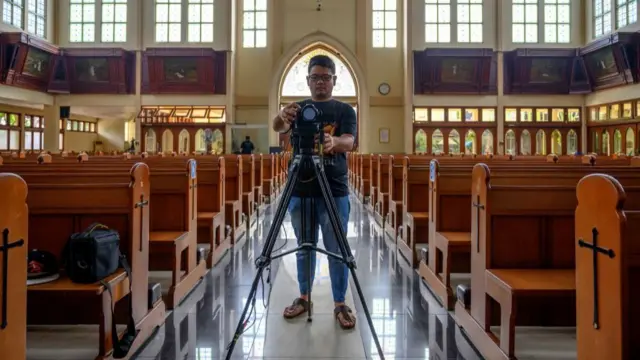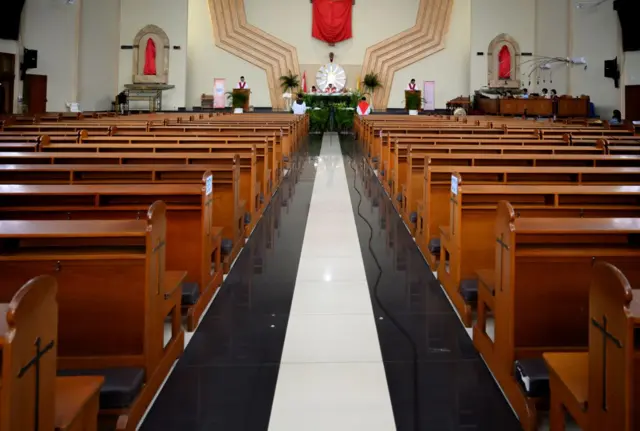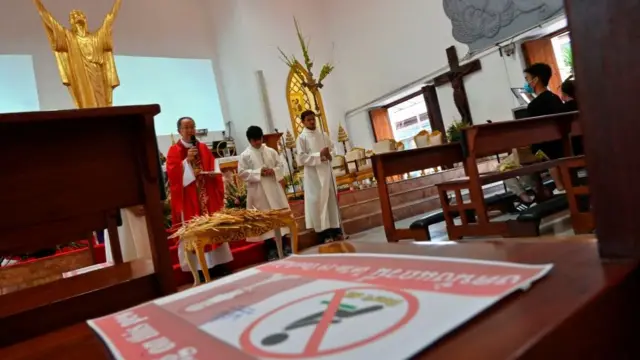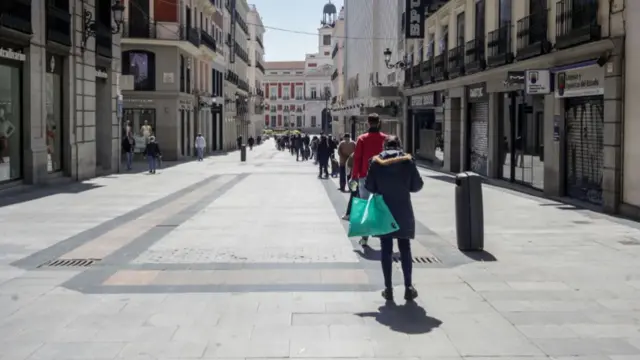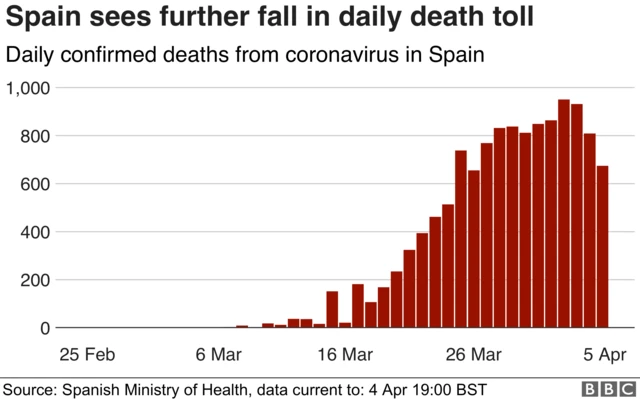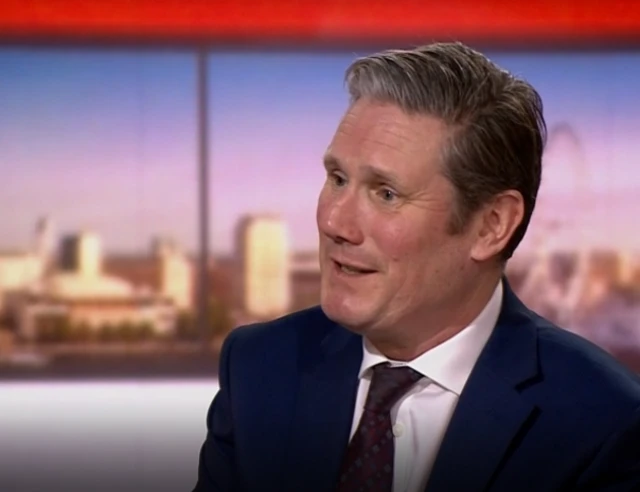Police issue caution to Scotland's chief medical officerpublished at 14:07 BST 5 April 2020
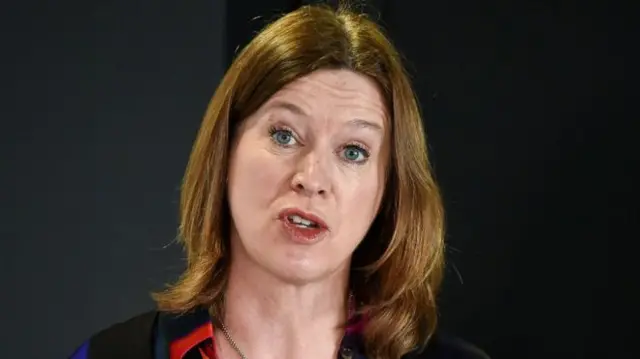 Image source, Getty Images
Image source, Getty ImagesThe top medical adviser to the Scottish government has been cautioned by police after ignoring social distancing guidelines and going to her second house over the weekend.
Scotland Police chief constable Iain Livingstone said officers visited Dr Catherine Calderwood and "spoke to her about her actions, reiterated crucial advice and issued a warning about her future conduct, all of which she accepted".
Dr Calderwood said she apologised "unreservedly" but Scottish Labour's health spokeswoman, Monica Lennon, has led calls for her to resign.
Allow X content?
This article contains content provided by X. We ask for your permission before anything is loaded, as they may be using cookies and other technologies. You may want to read X’s cookie policy, external and privacy policy, external before accepting. To view this content choose ‘accept and continue’.
